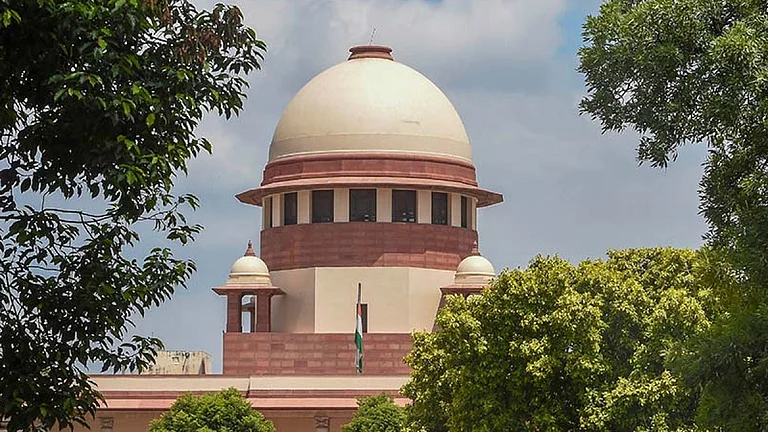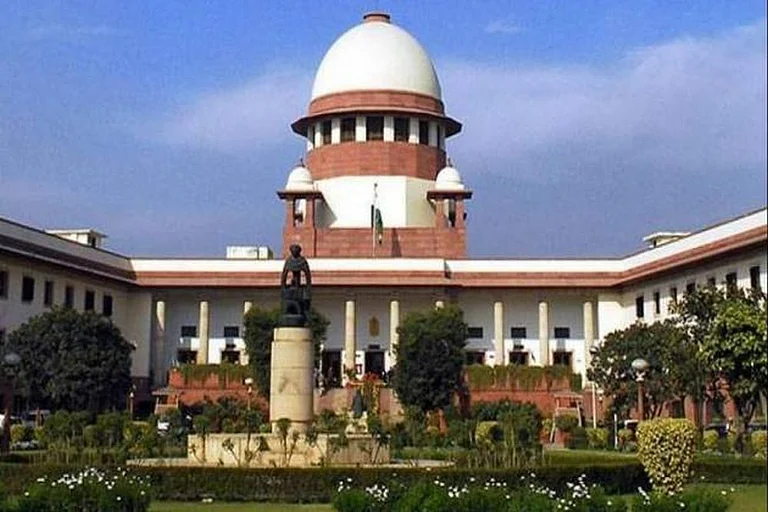
Summary of this article
The Supreme Court has initiated hearings to establish uniform, nationwide rules on seniority and promotion of judicial officers in the HJS cadre.
Concerned about stagnant careers, the bench noted many Civil Judges never ascend to higher posts, discouraging entrants into judicial service.
A key issue is the balance between direct recruits and promotee judges, with the court considering whether reserved quotas should apply for upward mobility.
The Supreme Court of India on Tuesday launched a landmark hearing to frame nationwide criteria for seniority and promotion in the Higher Judicial Services (HJS) cadre, responding to concerns of widespread career stagnation among entry-level judicial officers.
A five-judge Constitution bench, headed by Chief Justice B. R. Gavai and comprising Justices Surya Kant, Vikram Nath, K. Vinod Chandran and Joymalya Bagchi, flagged the fact that in many states, officers recruited as Civil Judges (Junior Division) frequently never reach the level of Principal District Judge — let alone elevation to the High Court.
Senior advocate and amicus curiae Sidharth Bhatnagar highlighted that promotions in many states are overwhelmingly driven by seniority due to Annual Confidential Reports (ACRs) that uniformly rate officers as “Good” or “Very Good,” thereby making seniority the de facto criterion.
The bench will also examine whether a quota of posts should be reserved for promotee judges (those rising from the lower ranks) vis-à-vis direct recruits into the district judge stream.
Hearing will resume with further arguments on both sides in coming sessions.






















